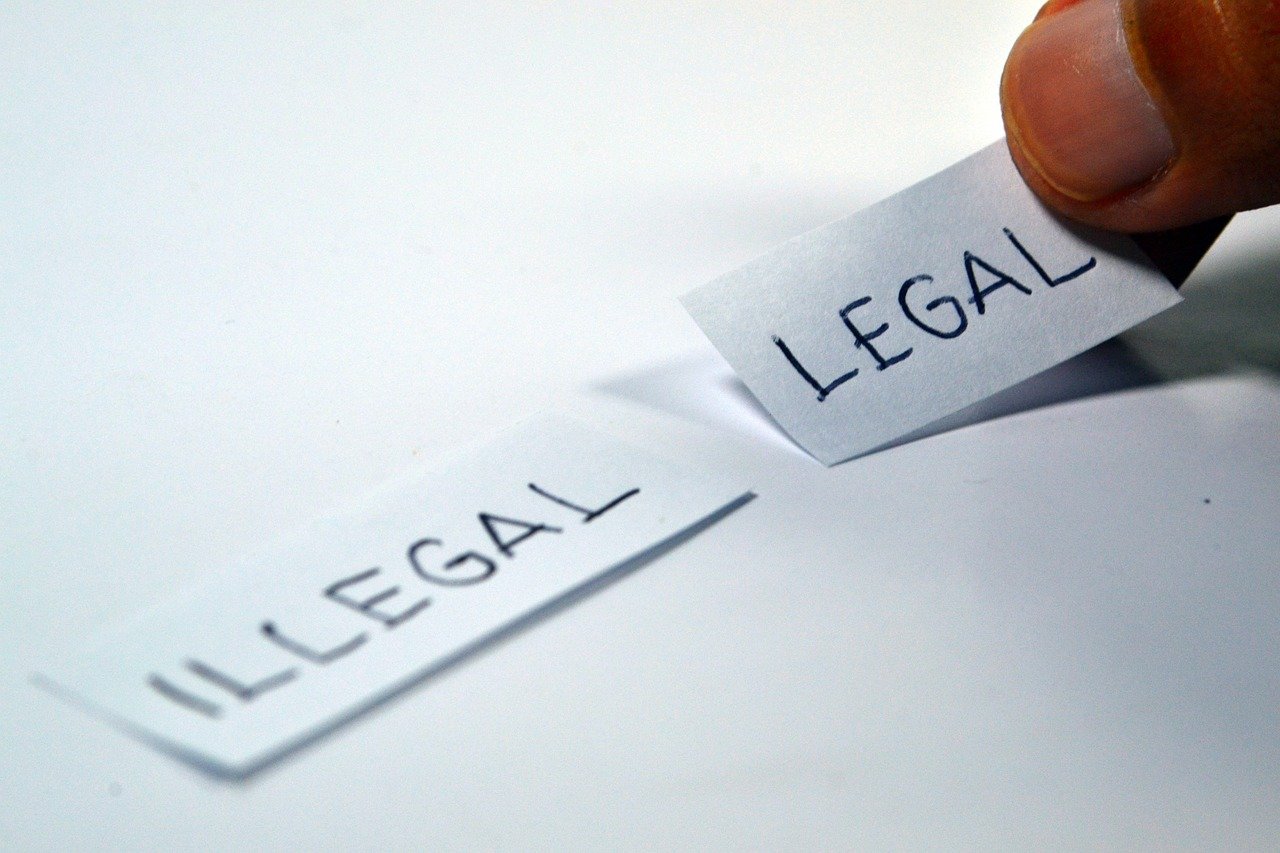Owning exotic animals, including porcupines, comes with a set of responsibilities governed by both federal and state regulations. Understanding these laws is crucial to ensure the ethical and legal ownership of your quilled companion. In this comprehensive guide, we’ll delve into the exotic animal regulations at the federal and state levels, providing essential information for prospective porcupine owners.
Federal Regulations:
1. The Endangered Species Act (ESA):
- The ESA is a federal law designed to protect endangered and threatened species. While porcupines are not typically listed under this act, it’s essential to be aware of potential changes and updates.
2. The Lacey Act:
- The Lacey Act prohibits the illegal trade of wildlife, including the transport or sale of species in violation of state, federal, or foreign laws. Porcupines may be subject to the Lacey Act, and compliance is vital to prevent legal consequences.
3. USDA Regulations:
- The U.S. Department of Agriculture (USDA) regulates the exhibition, breeding, and transportation of certain exotic animals. Depending on the circumstances, porcupine ownership may fall under USDA oversight, and adherence to their guidelines is crucial.
State Regulations:
1. Exotic Pet Laws:
- Each state has its own set of laws regarding the ownership of exotic pets, including porcupines. Research and understand the specific regulations in your state before acquiring a porcupine.
2. State Wildlife Agencies:
- State wildlife agencies may regulate the possession and care of exotic animals. Contact your state’s wildlife agency to inquire about permits, licenses, and any additional requirements for owning a porcupine.
3. Importation and Quarantine Rules:
- Some states have strict importation and quarantine rules for exotic animals. If acquiring a porcupine from another state or country, ensure compliance with these regulations to prevent legal issues.
Navigating Legal Requirements:
1. Obtain Necessary Permits and Licenses:
- Some states require permits or licenses for the ownership of porcupines. Obtain all necessary paperwork and approvals before bringing a porcupine into your home.
2. Educate Yourself on Specific Requirements:
- Familiarize yourself with the specific requirements outlined in federal and state laws. This may include enclosure standards, veterinary care, and reporting obligations.
3. Regularly Check for Updates:
- Exotic animal regulations can change. Regularly check for updates from federal and state authorities to ensure ongoing compliance with the law.
4. Work with Reputable Breeders or Rescues:
- When acquiring a porcupine, work with reputable breeders or rescues that are knowledgeable about and compliant with federal and state regulations. This ensures a smoother acquisition process.
Conclusion:
Understanding and complying with federal and state regulations is paramount for responsible porcupine ownership. Aspiring porcupine owners should thoroughly research the legal landscape, obtain necessary permits, and stay informed about any changes in exotic animal regulations. By adhering to these laws, you contribute to the ethical treatment, conservation, and well-being of your porcupine companion while avoiding legal complications. Always prioritize the welfare of your quilled friend and be a responsible and law-abiding exotic animal owner.



